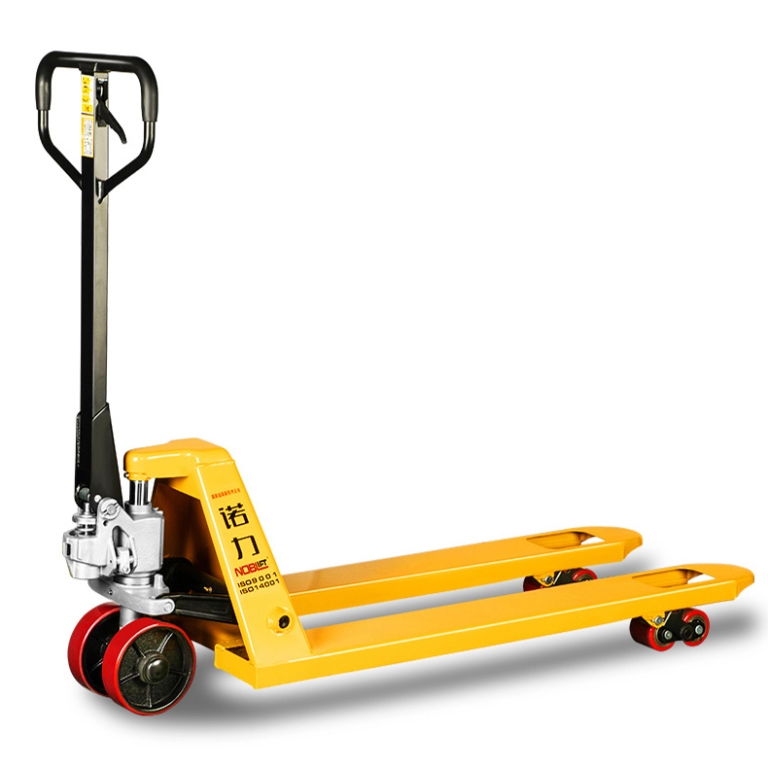The Evolution of Fork-lifts Trucks: From Basic Lifts to Modern Machinery
Fork-lift trucks have come a long way since their inception, evolving from simple lifting devices to highly advanced machinery integral to modern warehousing and logistics operations. This journey of transformation has been driven by technological advancements, changing industry needs, and a continuous pursuit of efficiency and safety.
Early Beginnings
The history of fork-lift trucks dates back to the early 20th century. The first prototypes were manually powered devices designed to assist with the lifting and moving of heavy loads in warehouses and factories. These early models were rudimentary, consisting of basic lifting mechanisms and limited mobility. However, they marked the beginning of a new era in material handling.
 ForkLift-Trucks.com | China price Manufacturer Trade Materials Handling Transporters forklift trucks Sale Buy Online Trade Importer of Industrial Equipment BUY in | forklift/a>
ForkLift-Trucks.com | China price Manufacturer Trade Materials Handling Transporters forklift trucks Sale Buy Online Trade Importer of Industrial Equipment BUY in | forklift/a>
Introduction of Powered Fork-lifts
The real breakthrough in fork-lift truck technology came in the 1920s with the introduction of powered models. Electric and internal combustion engines replaced manual power, significantly enhancing the lifting capacity and operational efficiency of these machines. The Yale & Towne Manufacturing Company is credited with creating the first battery-powered fork-lift in 1923, setting the stage for future innovations.
Post-War Advancements
The period following World War II saw significant advancements in fork-lift truck technology. The economic boom and the rise of global trade led to an increased demand for efficient material handling solutions. During this time, manufacturers introduced features such as hydraulic systems, improved lifting mechanisms, and more robust designs. These innovations allowed fork-lift trucks to handle heavier loads and operate more efficiently in diverse industrial environments.
The Age of Automation
The late 20th and early 21st centuries brought about the age of automation and digitization in the material handling industry. Fork-lift trucks began to incorporate advanced technologies such as onboard computers, sensors, and automation systems. These modern fork-lifts are capable of precise control, real-time data collection, and integration with warehouse management systems. Automated Guided Vehicles (AGVs) and autonomous fork-lift trucks have revolutionized warehousing operations, reducing the need for human intervention and increasing overall efficiency.
Focus on Safety and Sustainability
In recent years, there has been a growing emphasis on safety and sustainability in fork-lift truck design. Manufacturers are incorporating features like advanced safety systems, ergonomic designs, and eco-friendly power sources. Electric fork-lift trucks, in particular, have gained popularity due to their lower environmental impact and reduced operating costs. Additionally, innovations in battery technology have extended the operational life and efficiency of electric fork-lifts.
The Future of Fork-lift Trucks
The future of fork-lift trucks is poised to see further advancements in automation, connectivity, and sustainability. The integration of artificial intelligence, machine learning, and the Internet of Things (IoT) will enhance the capabilities of fork-lift trucks, making them smarter and more adaptive to changing industrial needs. Innovations in alternative energy sources, such as hydrogen fuel cells, promise to make fork-lift trucks even more environmentally friendly.
Conclusion
From their humble beginnings as basic lifting devices to the sophisticated machinery of today, fork-lift trucks have undergone a remarkable evolution. This journey of innovation has transformed the material handling industry, making operations more efficient, safe, and sustainable. As technology continues to advance, the future holds exciting possibilities for the further evolution of fork-lift trucks, driving progress in warehousing and logistics around the world.
